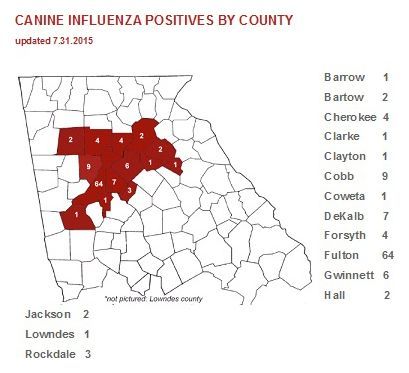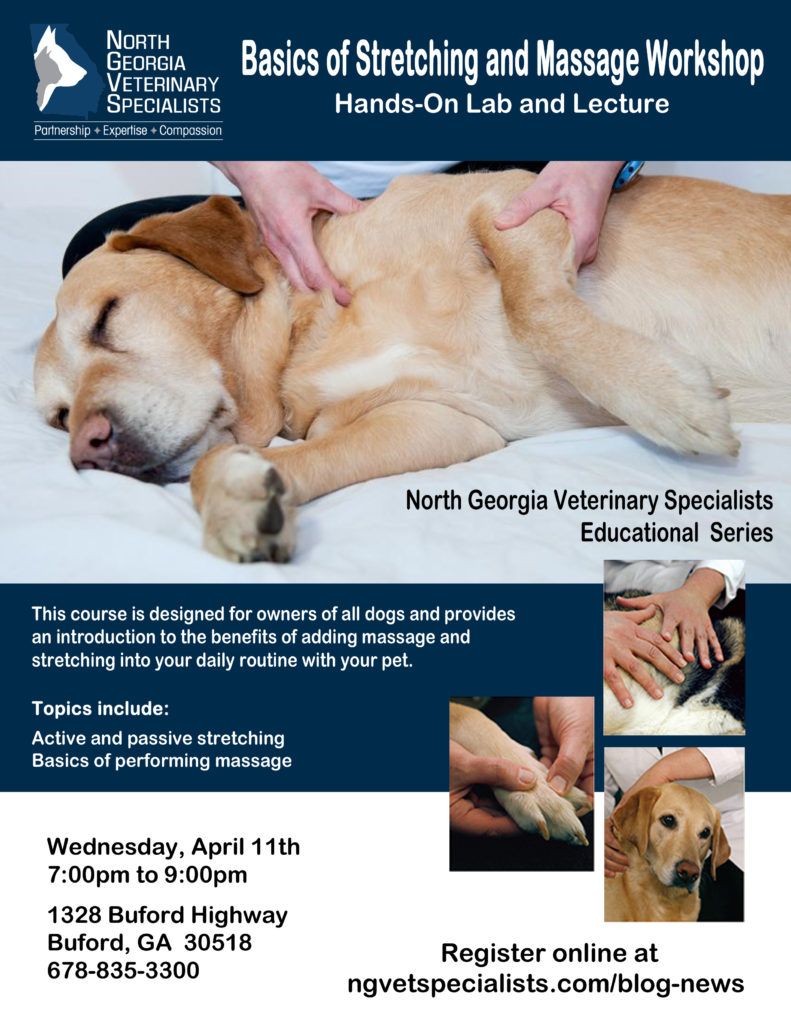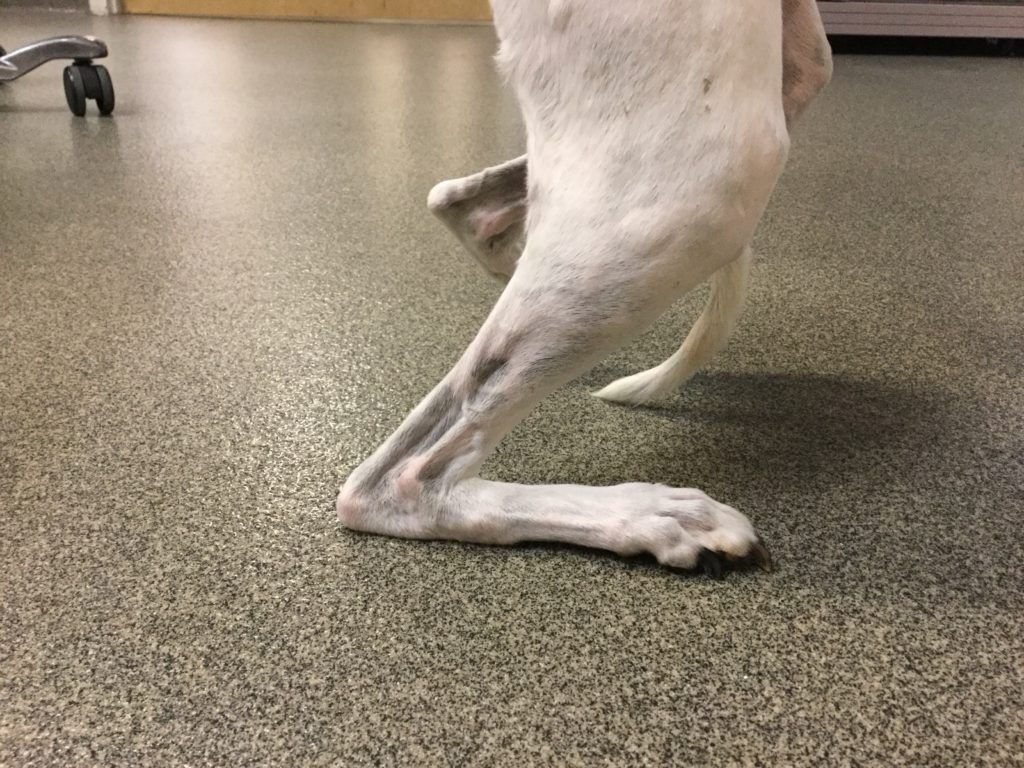What You Need To Know About Canine Influenza
NGVS • July 7, 2015

What You Need To Know About Canine Influenza
The outbreak of Canine Influenza (dog flu) in the Atlanta area has owners worrying about what this means and how it will affect their pet. The University of Georgia’s Veterinary Diagnostic laboratory has confirmed over 80 cases throughout the Metro Atlanta Area. We want all our clients to know the best defense against dog flu is educating yourself about what it is, how to recognize it, how to avoid it, and what to do if your pet may already have this infection.
Canine influenza virus (CIV) is a highly contagious respiratory infection. It is easily spread among dogs through direct contact, nasal secretions, contaminated surfaces, and by people moving between infected and uninfected dogs. It is important to understand that CIV is NOT spread “through the air.” This means that your dog can’t become infected just by being on a leash in the same room as an infected dog- the infected dog must sneeze droplets onto your dog, or an item the infected dog sniffed must be sniffed by your dog. Dogs are most contagious in the first five days of infection, often before they ever show any signs of being infected. CIV has several strains that vary in disease severity. The virus that is currently causing the outbreak in the Atlanta area is not the typical strain (H3N8). Instead, it is a strain previously reported only in Asia, specifically Korea, China, and Thailand. This is the H3N2 strain. This same strain was previously identified in an outbreak a few years ago in the Chicago area.
Dogs that are infected with CIV may show a variety of signs including a combination of cough, reduced activity level, decreased appetite, mild fever, sneezing, and nasal and/or eye discharge. New onset of any of these signs is a reason for you to talk to your primary care veterinarian. Dogs with severe forms of the disease might go on to develop high fevers and pneumonia, which cause increased respiratory (breathing) rates and effort. If you and your primary care veterinarian determine that your pet may have become infected, it is extremely important your pet is evaluated promptly.
When you arrive at the veterinary clinic, pets that may have CIV infections should stay in the air-conditioned car with an owner. (Never leave anyone in a hot car!) On checking in at the veterinarian, you will be informed about the current protocol for examining and/or treating dogs potentially exposed to CIV. At North Georgia Veterinary Specialists, we recommend nasal swabs that are sent to the diagnostic laboratory for identification of the presence of the virus. Until the results of your pet’s nasal swabs return, it is best to prevent spread of the infection by not exposing your pets or any members of your household to other dogs. Avoid going to places where dogs congregate, such as dog parks or pet stores. The current dog flu vaccine available today was created to protect against the common H3N8 stain. It is unknown whether this vaccine will protect against the news H3N2 stain. However, just like you keep your child away from other sick kids, you should keep your dog away from other dogs that are coughing or sneezing.
There is no evidence that dog flu is transmissible to people, though limited reports of the H3N2 strain infecting cats, guinea pigs, and ferrets exist.
Most dogs with dog flu will recover quickly with supportive care. Since CIV is a virus, there is no veterinary medication to directly treat the infection. Rather, pets must receive support to help them feel better while their own immune system fights off the virus. Often this includes intravenous (IV) fluids, anti-inflammatory medications, oxygen, and antibiotics if there is a concurrent bacterial infection. These will likely make them feel better and provide the best chance of a speedy recovery. Pets with severe cases may need further care including hospitalization. Hospitalization for CIV can range from overnight to two weeks. With more knowledge about this virus, there can be quicker recognition and a hopefully better outcome.










